The language and expressions shaping the climate change conversation often don’t resonate with the realities of the most affected communities. This needs to change.
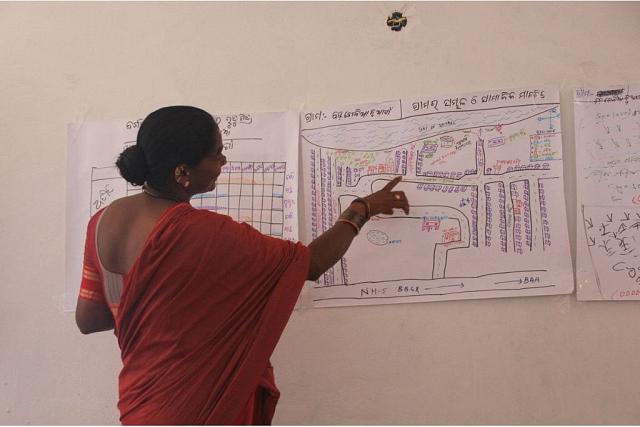

The language and expressions shaping the climate change conversation often don’t resonate with the realities of the most affected communities. This needs to change.
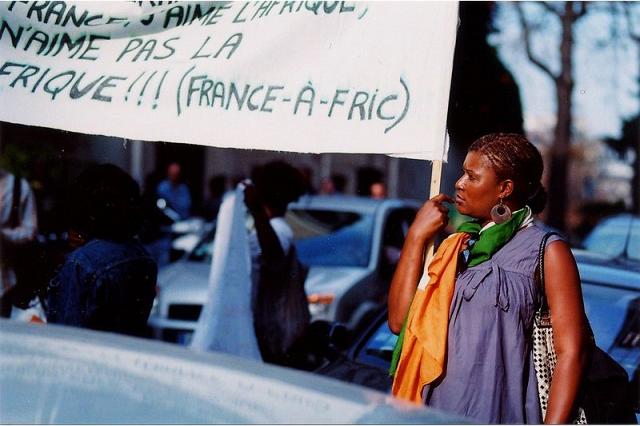
France is not a new problem for Africa. Since the 19th century, its stood in the way of the continent’s self-determination. This article offers a thorough historical and economical review of the impacts of French rule and neocolonialism on its ex-colonies independence and development.
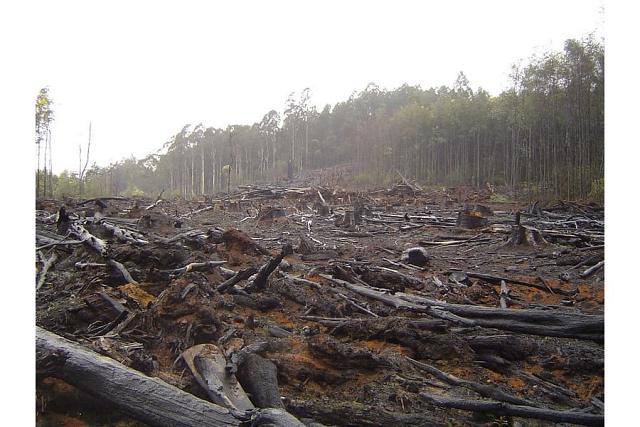
The Irish-based multinational Smurfit Kappa’s vast tracts of monoculture forestry in Colombia tie Ireland into global webs of extraction and exploitation.
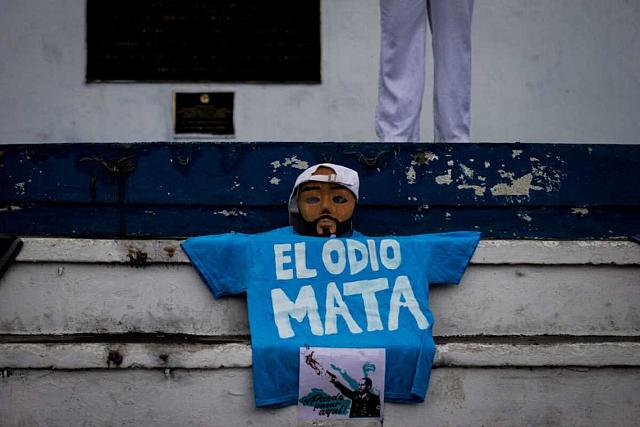
Rather than address the root causes of violence, President Nayib Bukele’s prolonged state of emergency militarizes Salvadoran society and exacerbates state persecution of vulnerable communities.
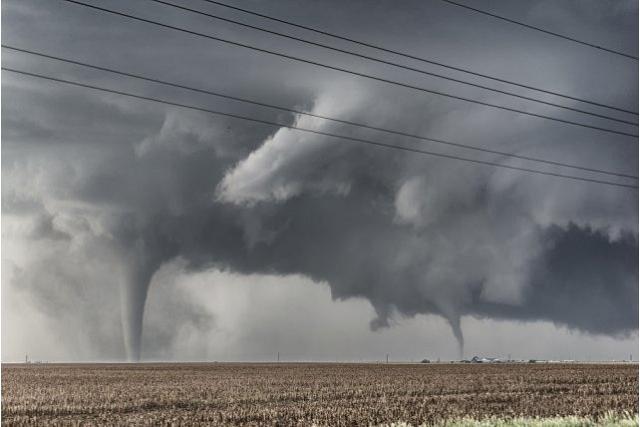
’We face today the genesis of a global social hurricane’

Every civilization leaves ruins in its wake. These spaces and their poetics offer valuable insights into contemporary struggles and injustices, says Cecilia Enjuto Rangel

It is entirely reasonable to assume that as climate change intensifies, it will result in more human migration and displacement. Images of Bangladeshis seeking refuge from the latest cyclone or Californians fleeing suburban wildfires affirm a sense that climate change is driving the next great migration. And yet the great paradox of climate migration is that there is no such as thing as a “climate migrant” or “climate refugee”.
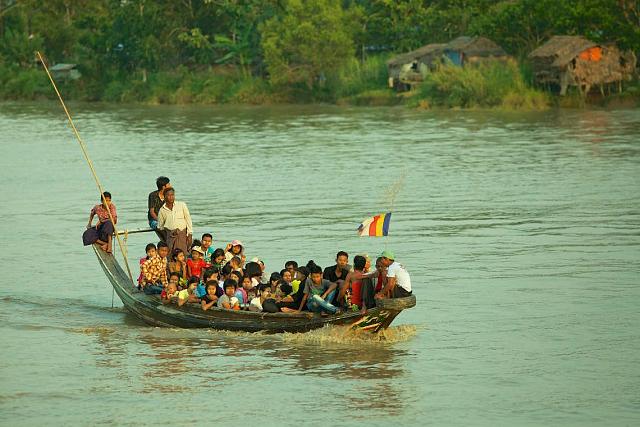
At COP-26, Indigenous representatives from across the world went to Glasgow to raise their voices, and try to influence the decisions that would shape the future of our planet. Despite their clear calls for a future in which fossil fuels are left in the ground, local ownership of land and (…)

"Democracies Under Pressure. Authoritarianism, Repression, Struggles"
You can watch here the roundtable discussing the latest issue of Passerelle Collection Democracies Under Pressure. Authoritarianism, Repression, Struggles, which was held online on Wednesday, May 19th 2021 on ritimo’s PeerTube account.
Bonne pêche, mauvaise pêche
Les pêcheurs se sentent désormais dévalorisés dans leurs savoirs du fait de l’introduction des nouvelles techniques (chalut, sonar, GPS). Rares sont les pêcheurs qui encouragent leurs enfants à travailler dans la pêche. Quand leurs revenus s’améliorent, ils incitent leurs enfants à étudier. Le (…)
Quatre choses à savoir sur la catastrophe nucléaire de Fukushima
Dissimulation de défauts de conception et de production dans certaines parties des réacteurs de Fukushima, nombre de personnes évacuées vivant toujours - deux ans plus tard - en logement temporaire, fabricants des réacteurs qui font maintenant des bénéfices en nettoyant la catastrophe qu’ils ont (…)
Le monde de la géo-ingénierie
ETC Group publie une carte du monde de la géo-ingénierie - un ensemble de technologies expérimentales qui visent à modifier intentionnellement le climat à l’échelle globale et régionale. Cette carte documente près de 300 projets de géo-ingénierie, des recherches et expérimentations à l’échelle (…)
Les deux Soudans : Un tour de voisinage
Résumé en français : Avant l’indépendance du Sud-Soudan en juillet 2011, le Soudan était le plus grand pays d’Afrique, et partageait une frontière avec neuf pays.
Aujourd’hui, les deux Soudans sont au cœur d’une région au contexte géopolitique compliqué où se rejoignent le Sahara, le Sahel, la (…)
Le coût exhorbitant du développement
Cet article rend compte de l’ouvrage ’Communities, Commons and Corporations" édité par Perspectives, une organisation non-gouvernementale d’étudiants et chercheurs de l’université de Delhi. Leur objectif est de "rendre compte de la vie et des luttes des populations qui se situent à la marge de (…)
By Kushal Pal Singh and Jonas Hamberg
About 40 kilometres from Delhi, in the bustling real estate market of Noida-Greater Noida, lies the biggest irony that the renewable energy industry faces. Indosolar, the country’s largest manufacturer of solar photovoltaic cells, has set up a 400 megawatt unit. [...]
Polysilicon wafers, the (…)
By Darryl D’Monte
While India’s per capita material consumption is still low, a new report reveals that in 50 years India’s consumption of fossil fuels increased 12 times, construction materials 9 times and industrial materials and ores 8.6 times. How will India support its growing economy sustainably?
Just (…)
As we seek to better understand what circumstances local alternatives for democratic, equitable and sustainable control of water Commons are working best, water justice activists in the North and South continue to rediscover the wealth of alternatives in the indigenous societies that so-called (…)
Revolutionizing Water Management and Governance for Rio + 20 and Beyond
In Cebu City, the Philippines, public sector workers like Zosimo Salcedo at the Metro Cebu Water District (MCWD) opposed Asian Development Bank financing that would purportedly increase the burgeoning city’s water supply. (…)
By Sadie Robinson
As the row over nuclear power grows, Sadie Robinson spoke to scientist and activist Dr Helen Caldicott about the dangers of nuclear power, the powerful interests that back it and how we can win a better world.
The environmentalist George Monbiot has recently spent his time attacking (…)
By Nick Ishmael Perkins
The shortage of credible and diverse voices in science undermines the capacity of journalists to respond to development challenges.
When reviewing the agenda of the first Africa Forum on Science, Technology and Innovation, which took place in Nairobi, Kenya, this week, I was reminded of my (…)